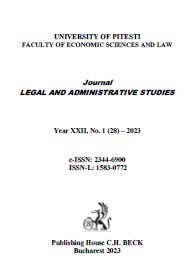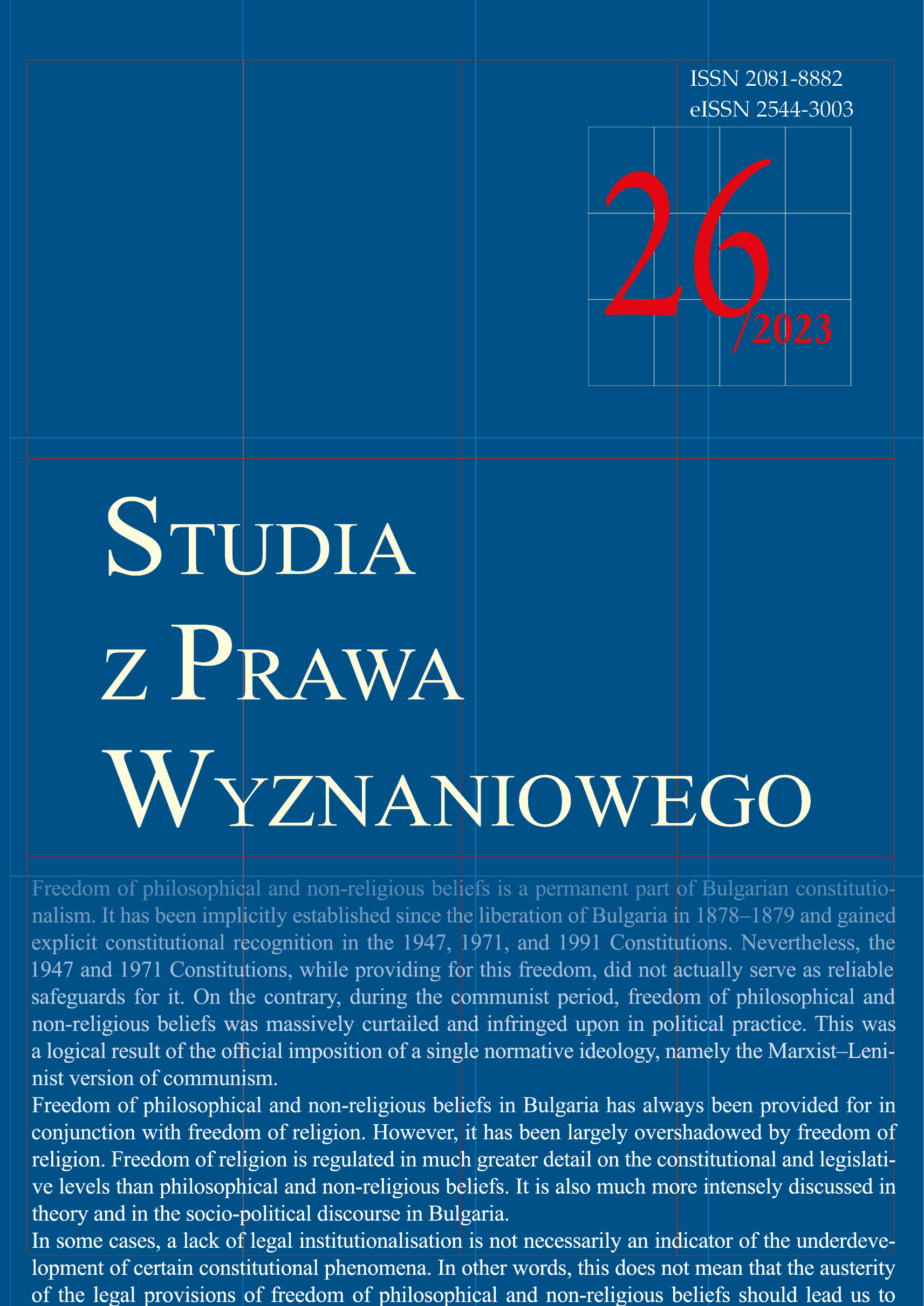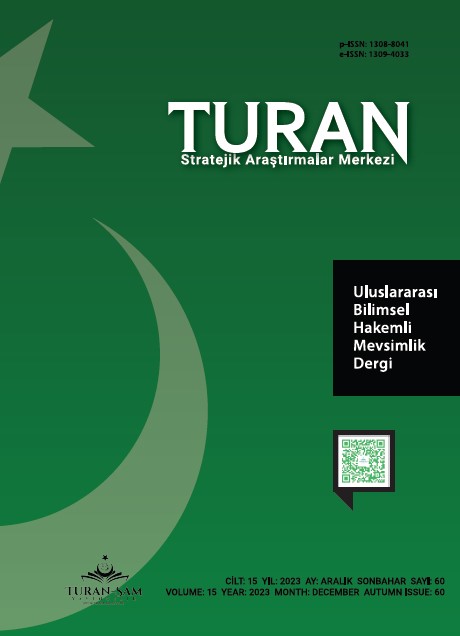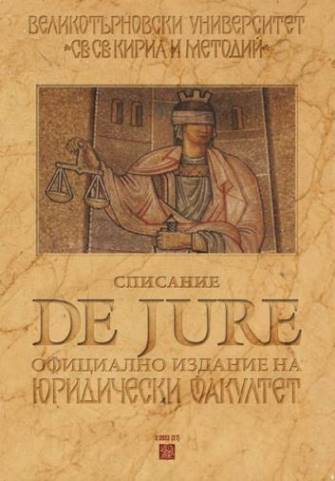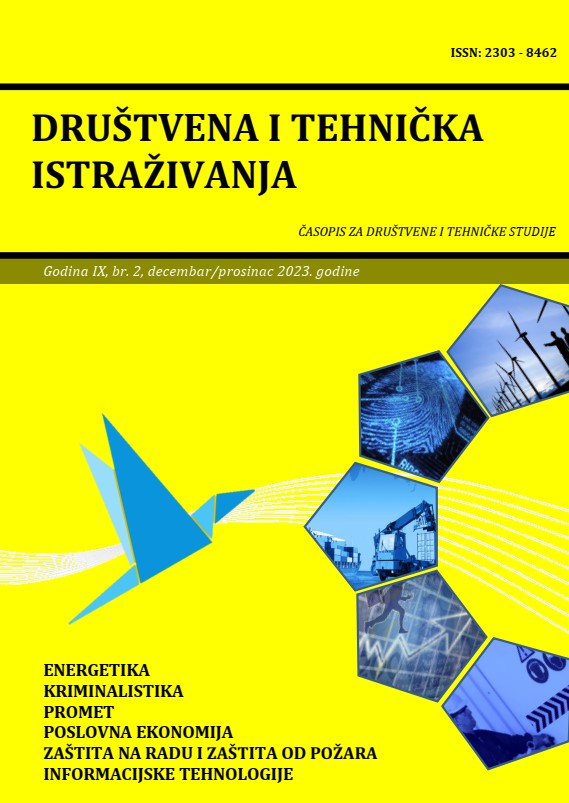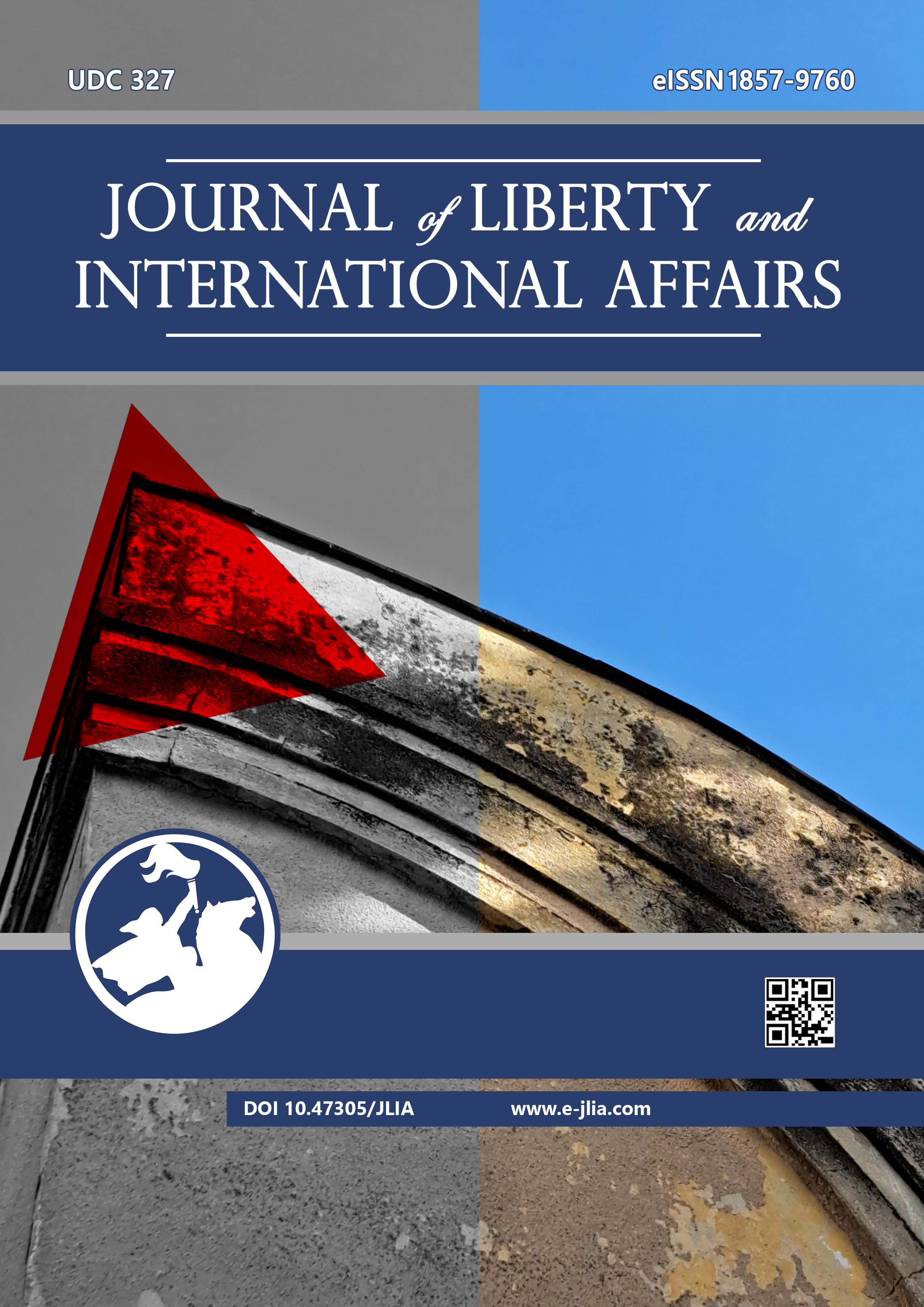ЗАШТИТА ПРАВА ИЗВРШЕНИКА ПРЕМА ЧЛАНУ 6 ЕВРОПСКЕ КОНВЕНЦИЈЕ О ЗАШТИТИ ЉУДСКИХ ПРАВА И ОСНОВНИХ СЛОБОДА
When deciding on the applicability of the right to a fair trial from Article 6 of the European Convention for the Protection of Human Rights and Fundamental Freedoms to appeals arising from criminal proceedings, the Constitutional Court of BiH starts from the concept of the existence of new civil rights and obligations. Only if the executive procedure leads to the existence of new civil rights and obligations, appeals are admissible. Otherwise, the appeals are rejected because they are ratione materiae incompatible with the Constitution of Bosnia and Herzegovina and the Convention. The author believes that this kind of behavior is wrong and stems from a misinterpretation of the practice of the European Commission for Human Rights and the European Court of Human Rights. If the rules of enforcement procedure allow the executor to use legal means to prevent and suspend enforcement, then new and different legal issues arise than those that arose in civil proceedings when a civil judgment was passed. Accordingly, the appeals arising from the appellant's allegations that the executive court violated their human rights with its decisions regarding the legal means it used to prevent and suspend execution are admissible and compatible with the Constitution of BiH and the Convention.
More...
